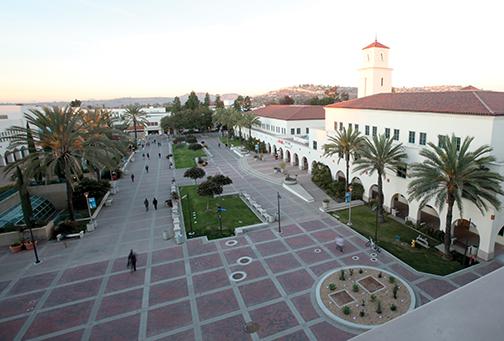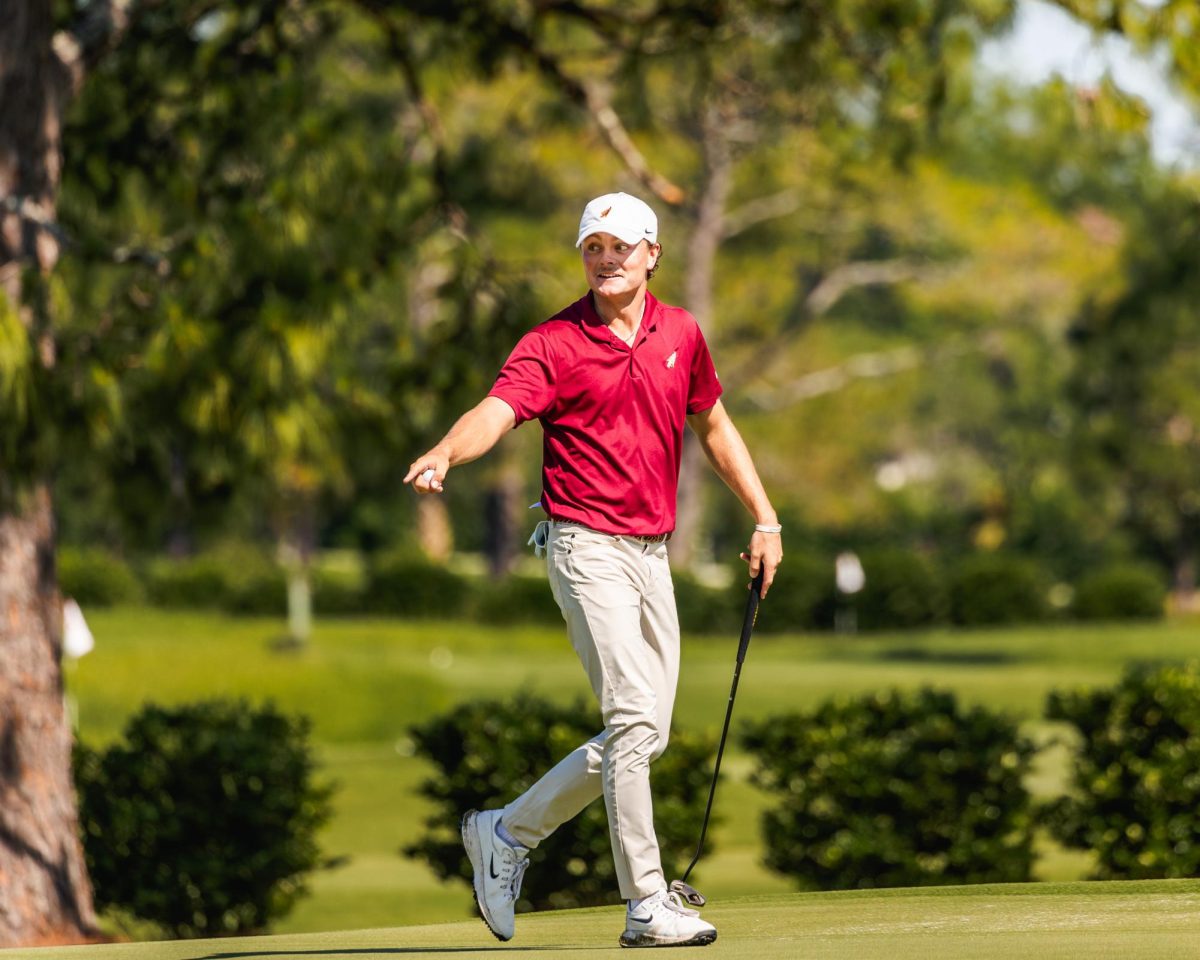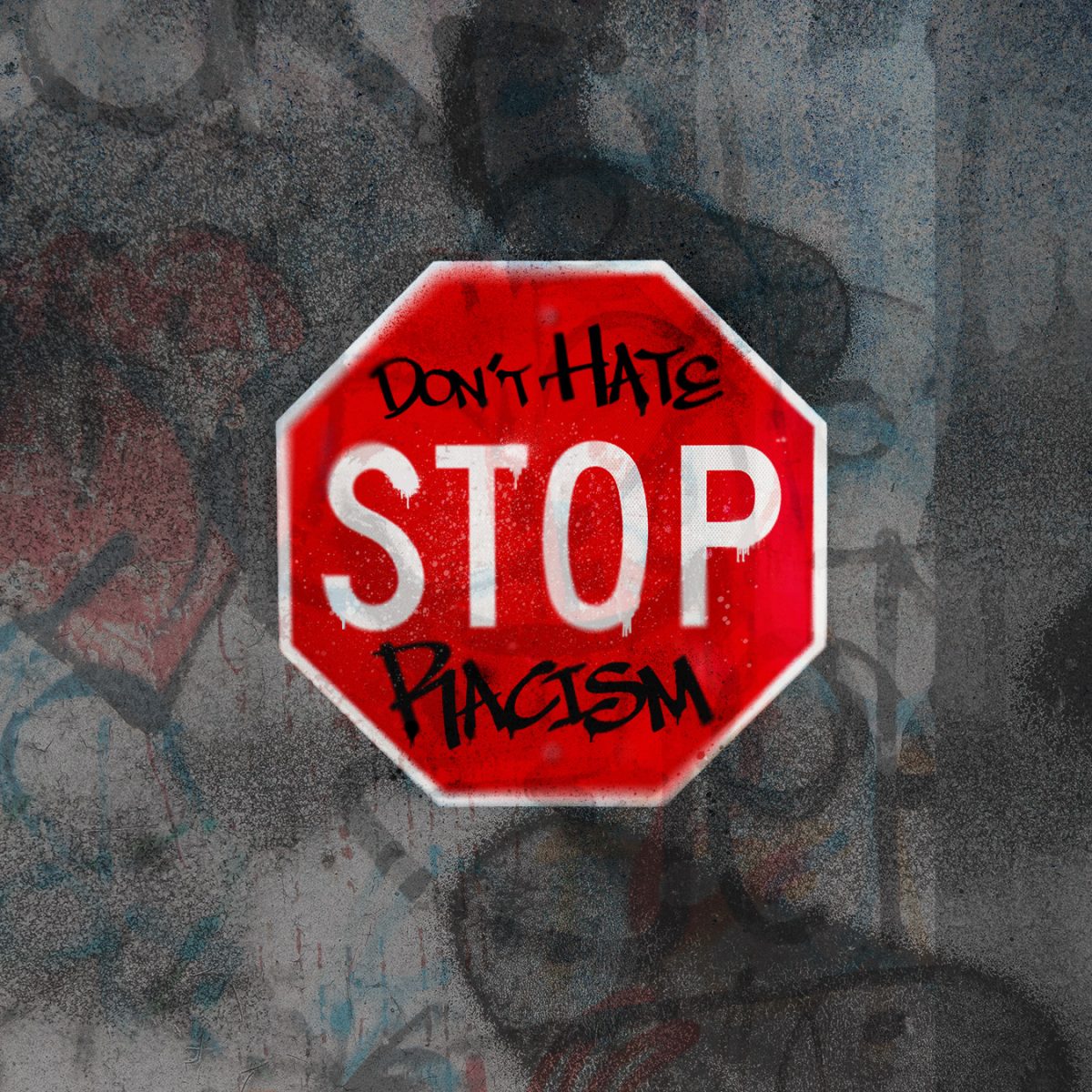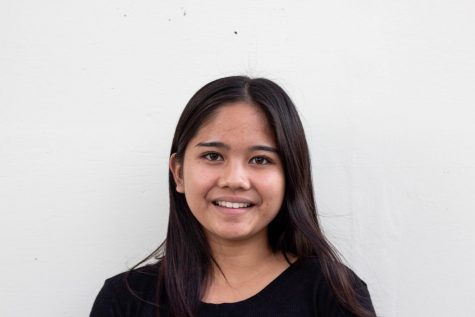The San Diego State Center For Autism and Developmental Disorders held a community forum to commence the opening of their new center on Nov. 30 in Storm Hall.
The “Building Bridges: Science and Community Forum,” was lead by a panel of SDSU scientists to share information about their ongoing studies involving developmental disorders such as the Autism Spectrum Disorder.
Psychology professor Dr. Inna Fishman, a speaker at the event, said her study on brain activity from collecting MRI data in sleeping toddlers focuses on early detection while also looking at changes in brain development.
“We are looking at when symptoms first start to manifest themselves,” Fishman said.
Researchers also presented developments in brain imaging that go deeper into the causes, their effects in the brain and treatment. Another area of study is how ASD can affect the brain in older adults.
Psychology professor Dr. Ralph-Axel Muller said brain imaging has changed the ways they are approaching these kinds of issues.
“We would usually look for similarities between children with ASD, now we look for differences,” Muller said.
Community Outreach Director Vinton Omaleki said there tends to be a divide between the public and scientists, being one of the reasons scientists feel the need to get their message across and establish their importance to the community.
“There’s a lot of misinformation about Autism and stigma associated with individuals who have autism, so it’s really important that the community that we, as researchers, are serving (them and) feel heard by the scientists and are able to build that trust,” Omaleki said.
Omaleki said the event looked to bring together all members of the autism community to network, “build bridges” and express questions and concerns about the research. She said they were also hoping to provide access to information and services for marginalized groups from less-represented counties to promote inclusion and diverse research.
Panelists also discussed training programs that integrate evidence-based teaching into schools in association with organizations such as California Autism Professional Training and Information Network and The Bridge Collaborative.
An additional program, “Unscripted Learning,” included an improvisational theater intervention that strategically provides support for teens and children on the spectrum.
Program director of “Unscripted Learning” Richie Ploesch said the intervention creates an environmental learning opportunity through discovery, play and social engagement.
“We are shifting learning from teachers to students and seeing if there is a lasting social impact or change on the students,” Ploesch said.
The center emphasized a desire for increasing its presence in the community by supporting events, creating participatory research, enhancing public education and building partnerships. Furthermore, they are hoping to arrange quarterly meetings with the goal of informing the public of improvements in scientific research findings.
Omaleki said the center strives to be a facilitator with other organizations to pull resources together and address families that are affected by Autism.
“There is a lot of cooperation and opportunities to build new bonds, especially in parts of the county where resources are very low in,” Omaleki said.
Psychology senior Chantal Chaaben said the autism center looked to provide outreach to multiple organizations and community members alike.
“It provided multiple perspectives to get involved with treatment and a good sense of social support,” said Chaaben.












